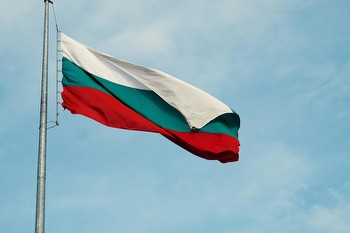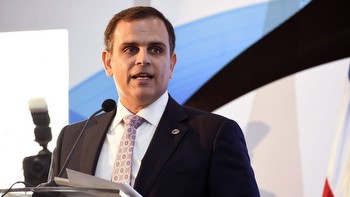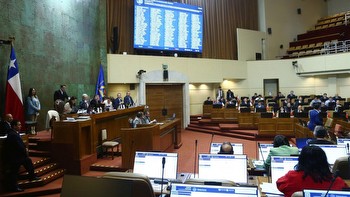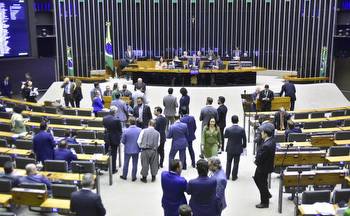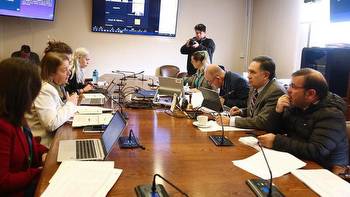Chile: Ministry of Finance presents bill to regulate online gambling platforms
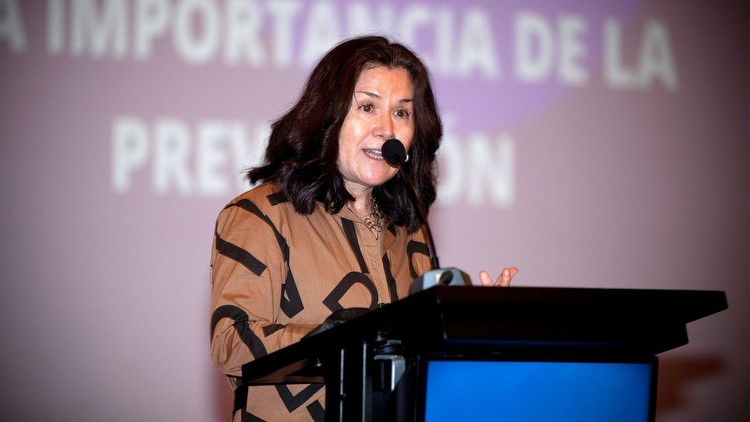
The Chilean Ministry of Finance has submitted to the Senate's Economy Committee the bill that regulates online gambling platforms. The bill was approved in the first stage by the Chamber of Deputies.
The presentation, made by the Undersecretary of Finance, Heidi Berner, with the support of the Superintendent of Gaming Casinos, Vivien Villagrán, will have several objectives in a market where there are already legal gaming options, such as lottery draws or horse racing.
The regulations aim at generating a safe environment for players, as well as achieving greater transparency of the resources both from the origin of the companies and those obtained from the activity.
This new legal framework also establishes that operators must, among other requirements, be incorporated as closed corporations in Chile, with a maximum of 10 shareholders, and identify their beneficiaries. Likewise, the platforms must give remote access to their systems to the Superintendence of Gaming Casinos and the Internal Revenue Service (SII), to exercise effective control.
The regulatory framework will imply the delivery of an administrative authorization and establishes severe sanctions for those who remain illegal, granting new powers to the Superintendence of Gaming Casinos, the Financial Market Commission (CMF), the Internal Revenue Service (SII), the Undersecretary of Telecommunications and the Financial Analysis Unit (UAF).

The proposed tax system is based on the current regime for physical casinos. The activity will be taxed with VAT because it is a digital entertainment service, which will allow operators to recover tax credits for the goods they acquire and services they contract.
As in the case of physical casinos, a specific tax of 20% will be applied to correct the externality. To encourage responsible gaming, the specific tax rate will be increased by 1%, with the possibility of deducting disbursements made for such a concept.
Companies that operate physical gaming casinos may apply for licenses for gaming platforms, by creating a corporation with a single line of business and complying with the requirements of this law.
Provisions are also established to protect users and create a National Responsible Gambling Policy, which will apply to all legal gaming modalities, focus on the prevention of gambling addiction, and establish the conditions for advertising and promotion by operators.
As for children and adolescents, they will be prohibited from opening or maintaining accounts, requiring proof of identity; betting objects may not motivate their participation; advertising or promotion may not be oriented towards them; and there will be a total prohibition to using payment instruments in their name.
The project will allow the creation of tools to effectively prosecute illegal gambling. Among the main measures, the bill establishes that:
- The media may only broadcast advertising or promote authorized platforms.
- Rules are established for the control of means of payment, such as the general blocking of transactions whose recipient is an unauthorized platform.
- Those entities operating without authorization are prohibited from having bank accounts in the country.
- Internet providers must block access to unauthorized platforms.
- Downloading apps from unauthorized platforms is prohibited.
- Rules for the exchange of information between authorities are contemplated.
At the same time, the initiative creates new sources of financing for sports, since the authorized platforms will have to pay an annual tax of 2% of the gross income from bets placed on sports betting objects. These resources will go to the National Sports Institute (IND), to be distributed as follows: one-third to sports federations that meet certain requirements of Law No. 19,712, on Sports, to be distributed among them in equal parts; one-third to the Olympic Committee and one third to the Paralympic Committee.
In addition, a prohibition on betting on players, athletes, presidents of federations or organizations, boards of directors, organizers, coaches, and representatives, among others, who may interfere in the results, will be incorporated.








